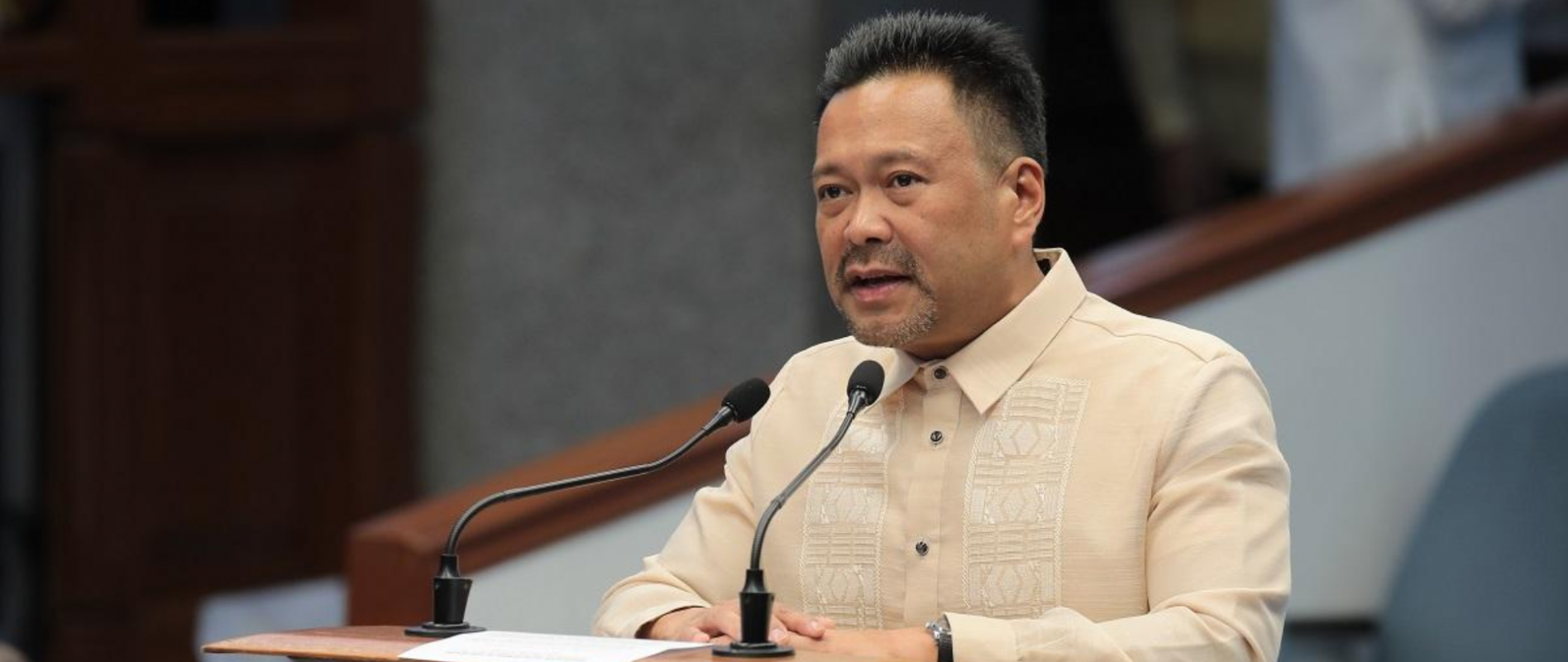SCHOOL CLOSURES COST STUDENTS’ LIFETIME EARNINGS — WORLD ORGS
PROLONGED school closures amid the pandemic cost students trillions of dollars in lifetime earnings, reports of United Nations agencies and the World Bank said.
PROLONGED school closures amid the pandemic cost students trillions of dollars in lifetime earnings, reports of United Nations agencies and the World Bank said.
The United Nations’ Children’s Education Fund, the United Nations Educational, Scientific and Cultural Organization and the World Bank said that the impact of the pandemic on the education sector has worsened since last year.
The organizations noted that the students are at risk of losing $17 trillion in lifetime earnings, amounting to about 14 percent of the global GDP. This is higher than last year’s estimate of $10 trillion.
“The Covid19 crisis brought education systems across the world to a halt. Now, 21 months later, schools remain closed for millions of children, and others may never return to school,” Jaime Saavedra, World Bank Global Director for Education, said.
“The loss of learning that many children are experiencing is morally unacceptable.
And the potential increase of Learning Poverty might have a devastating impact on future productivity, earnings, and well-being for this generation of children and youth, their families, and the world’s economies,” he added.
The organization pointed out that disruptions “are not being felt equally,” with the report finding that poorer and disabled children have less access to remote learning, while younger students were overall more affected.
Girls had less abilities to shift to remote learning and more education loss overall.
“The Covid19 pandemic shut down schools across the world, disrupting education for 1.6 billion students at its peak, and exacerbated the gender divide. In some countries, we’re seeing greater learning losses among girls and an increase in their risk of facing child labor, gender-based violence, early marriage, and pregnancy,” UNICEF Director of Education Robert Jenkins explained.
“To stem the scars on this generation, we must reopen schools and keep them open, target outreach to return learners to school, and accelerate learning recovery,” he said.
While governments worldwide have unveiled stimulus measures to bolster their economies against the pandemic’s disruptions, the organizations stressed that “less than three percent of these funds have gone to education.”
“With government leadership and support from the international community, there is a great deal that can be done to make systems more equitable, efficient, and resilient, capitalizing on lessons learned throughout the pandemic and on increasing investments,” Stefania Giannini, UNESCO Assistant Director-General for Education, said.
“But to do that, we must make children and youth a real priority amidst all the other demands of the pandemic response. Their future — and our collective future — depends on it,” she emphasized.














